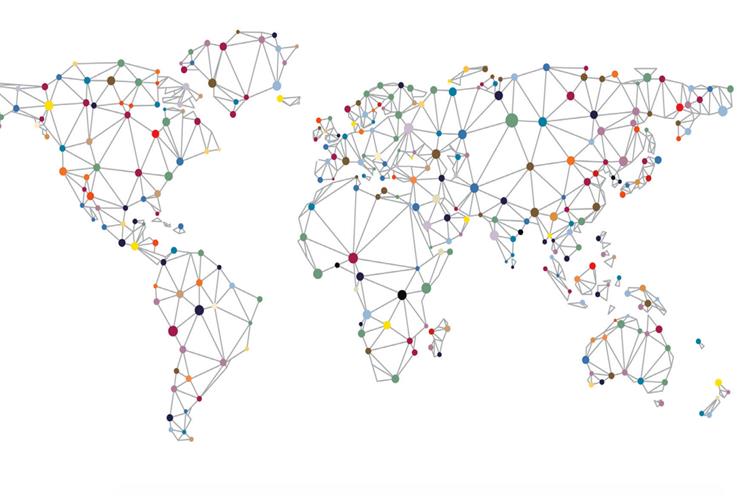On 1.38pm on 16 February 2017, the Wall Street Journal reported that Snap Inc had set a valuation for itself of between $19.5bn and $22.2bn, just ahead of the initial public offering of its shares to the stock market.
That made it the largest US listed tech offering since Alibaba Group’s IPO in 2014, according to Dealogic. Not bad for a company that lost $373m in 2015 and over half-a-billion dollars in 2016 – and, in its recent IPO filing, warned that it may "never achieve profitability".
It’s not hard to see why many pundits feel Snap could be overpriced. On precisely the same day the WSJ printed this success story, Facebook chief executive Mark Zuckerberg picked up his smartphone, called BBC economics editor Kamal Ahmed (full disclosure: I went to university with Kamal) and voiced his concerns about where the world is headed.
Specifically, he fretted about globalisation. "Globalisation didn’t take into account some of the challenges it was going to create for people, and now I think some of what you see is a reaction to that," Zuckerberg said not unreasonably.
"We have to make sure the global community works for everyone," he then added. "It is not just automatically going to happen."
You can say that again, Mark. No company has exploited globalisation more assiduously than Facebook. It is a textbook case in how to make the global community work for you. And in the spirit of Zuckerberg’s comment, here is how you can make it work for you too.
First, incorporate your company in Ireland, then license the intellectual property to an entity there. Next, ask an official for a deal where you pay 3%-8% corporate tax. Then charge your company in the US, where you make most of your money, a licensing fee to use the intellectual property that is exactly equivalent to your profits, thereby suppressing most of your profits in the US and increasing them in Ireland, decreasing your effective corporate tax rate from 45% to 8%.
No company has exploited globalisation more assiduously than Facebook. It is a textbook case in how to make the global community work for you.
Now start publishing anything you like – no matter how hateful, racist or incorrect – and then accept absolutely no responsibility at all for whatever happens next.
When confronted with the unfiltered, hateful things you publish, just say: "I am a platform for ideas." (Although Facebook has now finally begun taking steps to deal with this.)
Next, post engagement metrics that detail how many people are using your platform to view videos. You can make up almost any numbers here – add 94% if you like – since no-one outside your company will check them anyway. Now charge advertisers based on these dicky metrics. (You will be staggered at how little the advertising community will care about this, even as they and their clients are taken to the cleaners.) Watch profits soar.
But wait. Regulators and ratings agencies might soon be sniffing around, concerned about your self-serving figures. Critics may start to notice that the algorithm that drives engagement on your "platform for ideas" is designed to offer users more of the ideas they like and rarely those they don’t.
Suddenly, your words about how "we have the best discourse when we connect as whole people" might start to look hollow and, instead of "connecting the world", you appear to be feeding greater division.
As the public mood darkens, how can you make sure you don’t lose the incredible advantages that luck and skill have provided you? Pick up the phone and call the BBC’s Kamal Ahmed. Explain that now is the time – tax arrangements, ad rates, hate speech, political polarisation notwithstanding – for us all to "connect to each other" to save Facebo… sorry, globalisation.
In other words: we must all lean in. Finally, go big. You could say something like this: "I am setting an example hopefully for other entrepreneurs who will build things in the future for how you should give back to the community and to the world."
Of course, whenever a chief executive starts to whistle this self-aggrandising tune, you know he’s done something… less than great.
So mark the day. 16 February 2017 was a high point for social. I predict it’s downhill from here.
Andy Pemberton is the director of Furthr.


